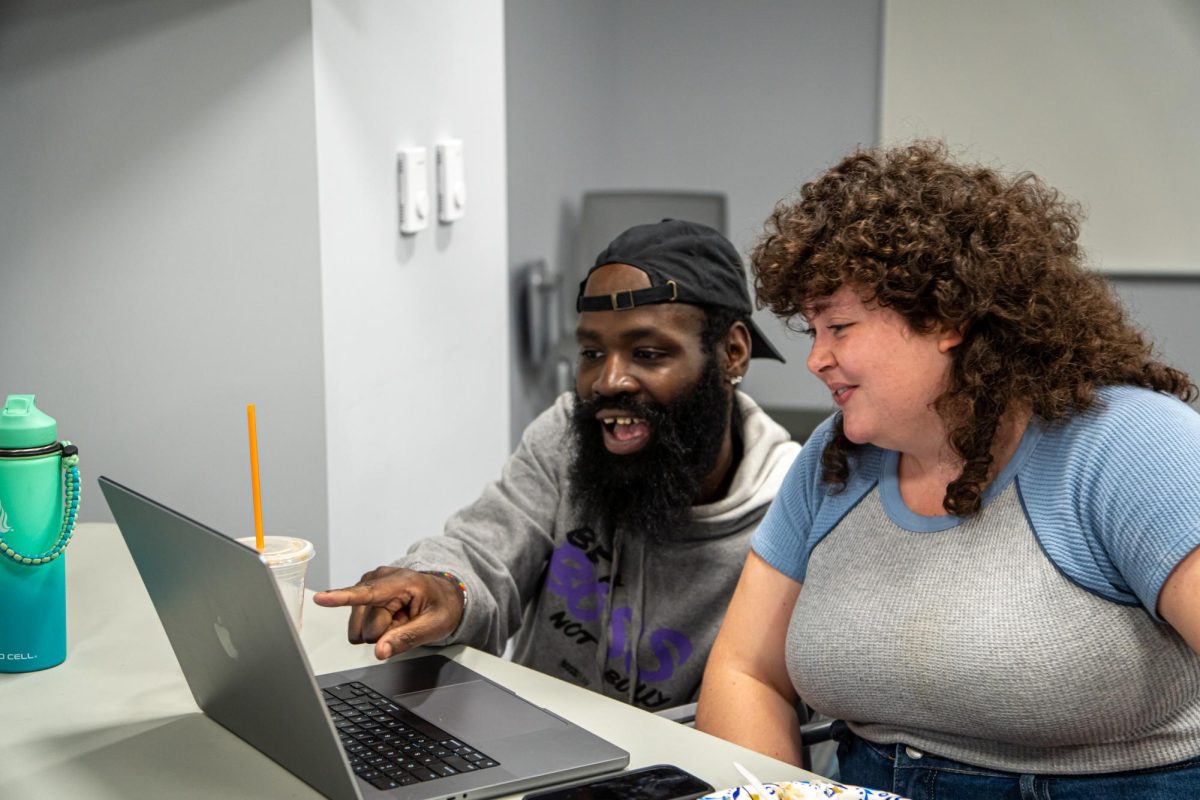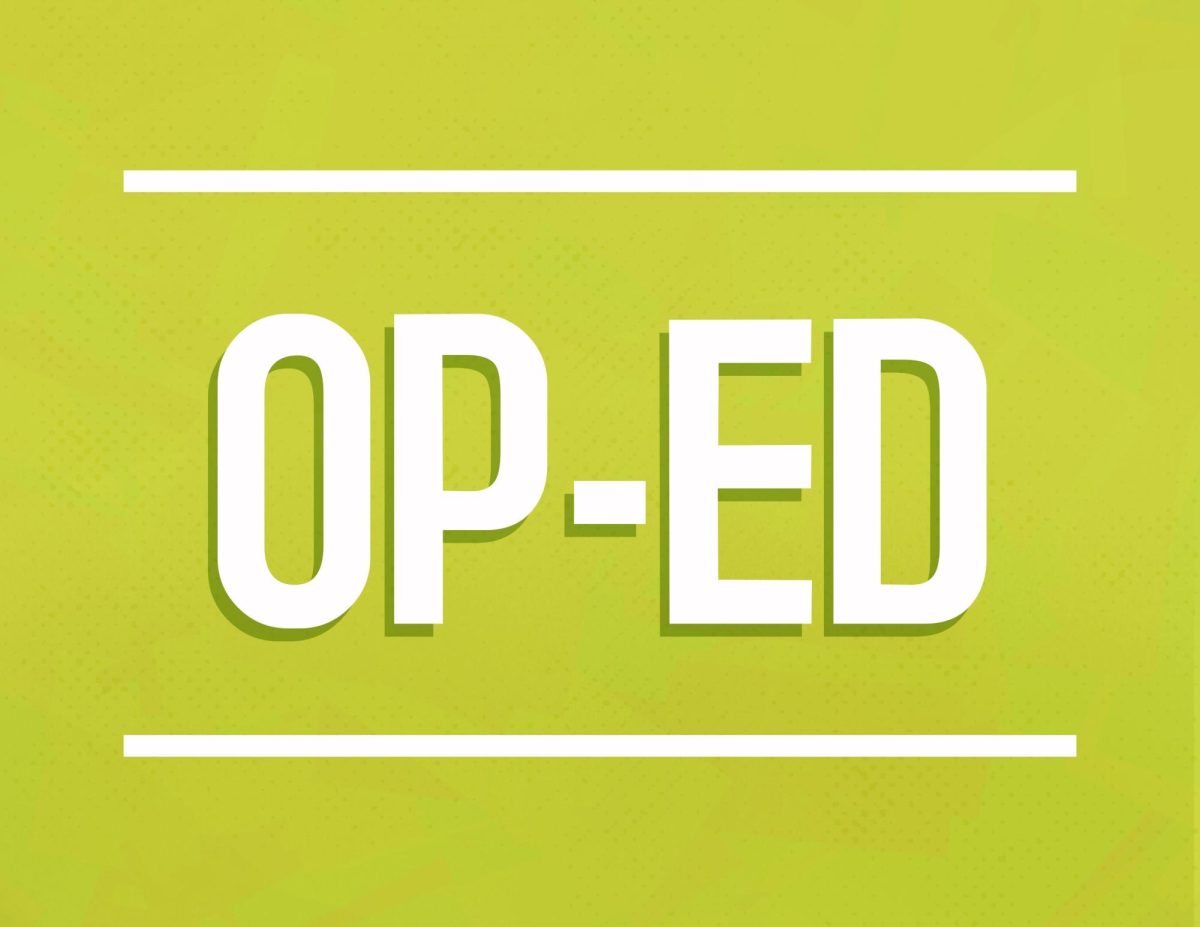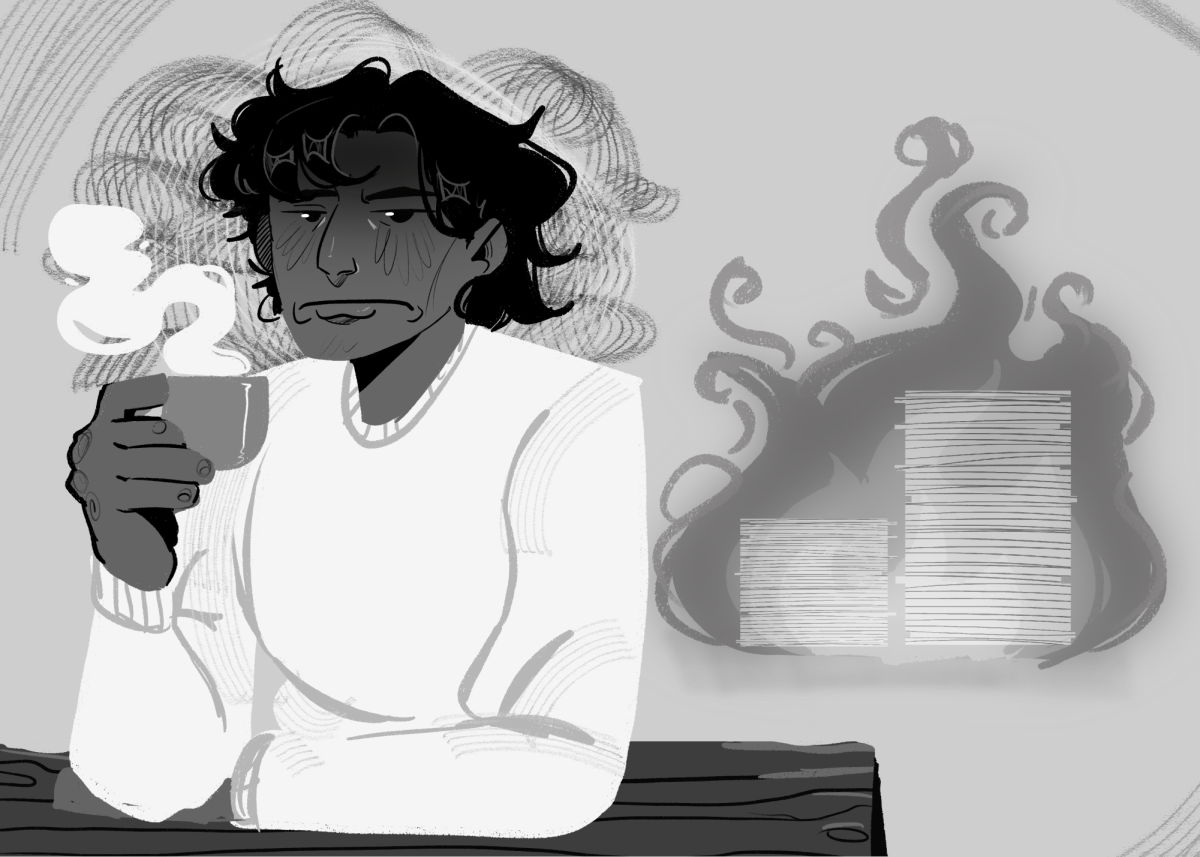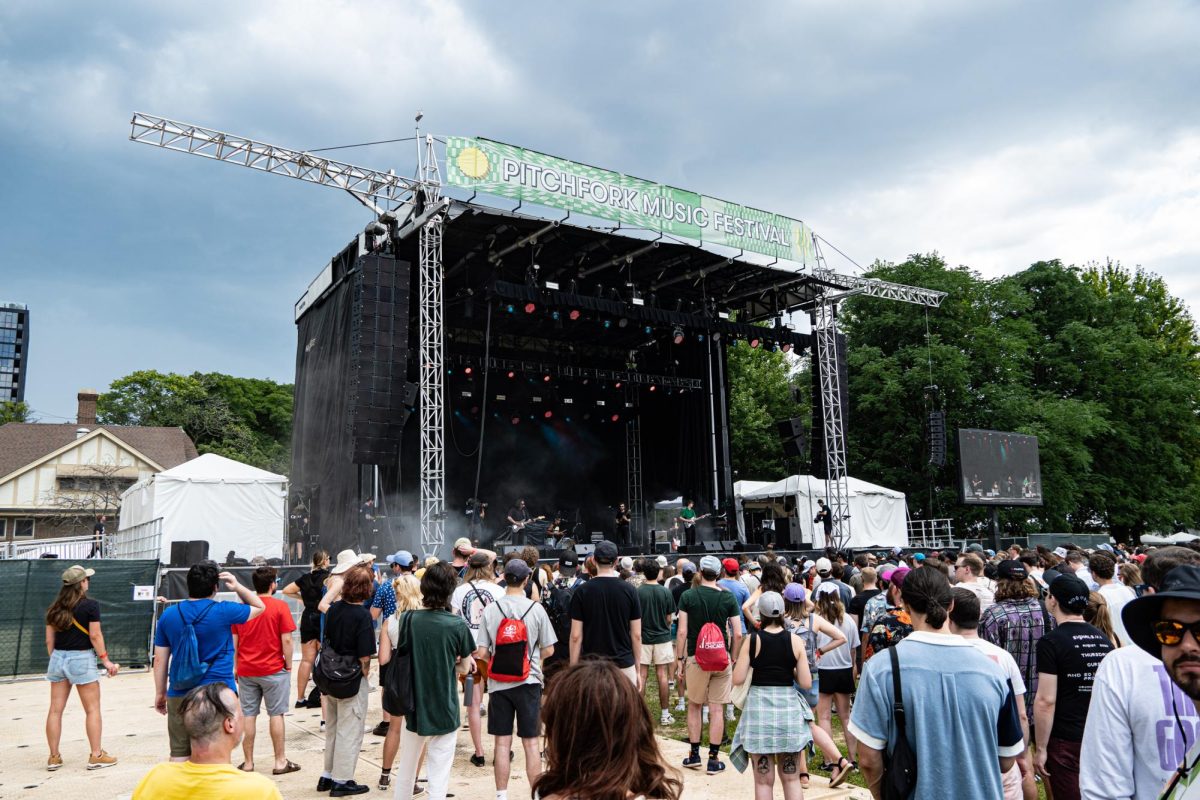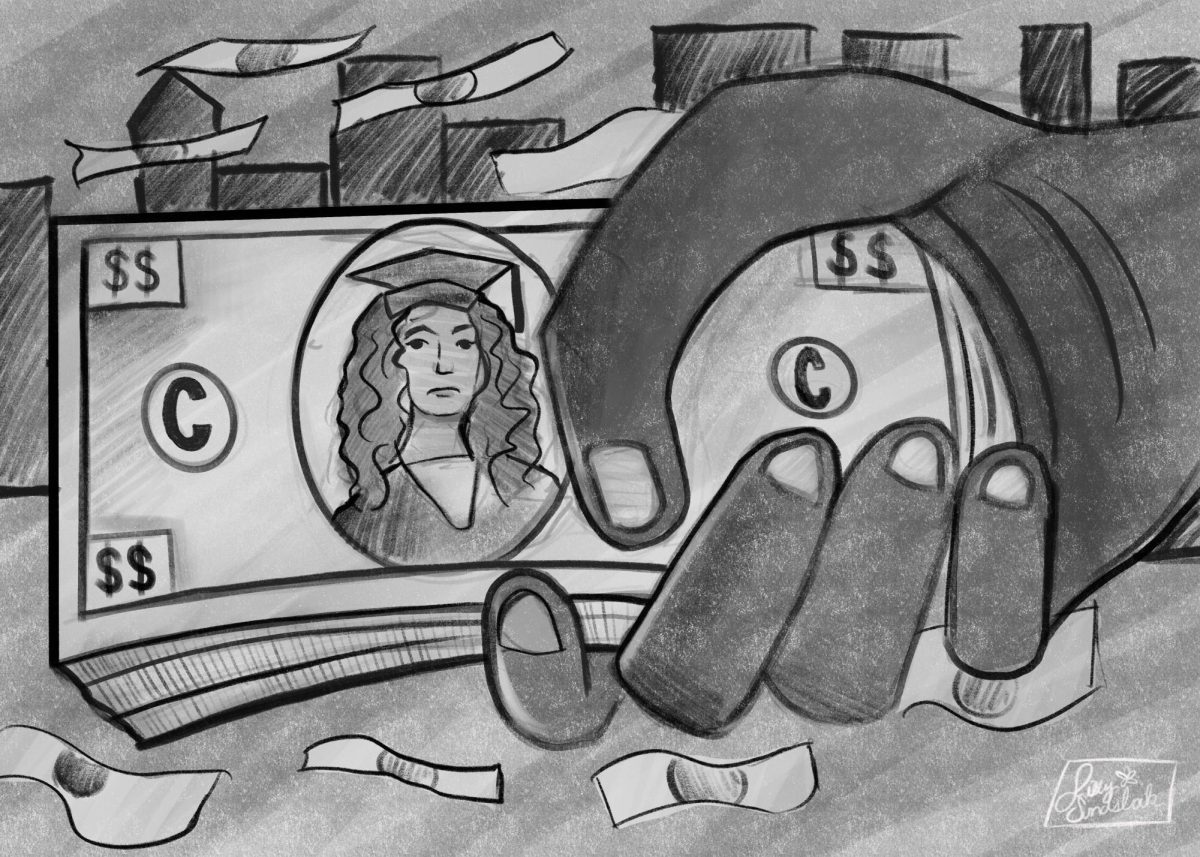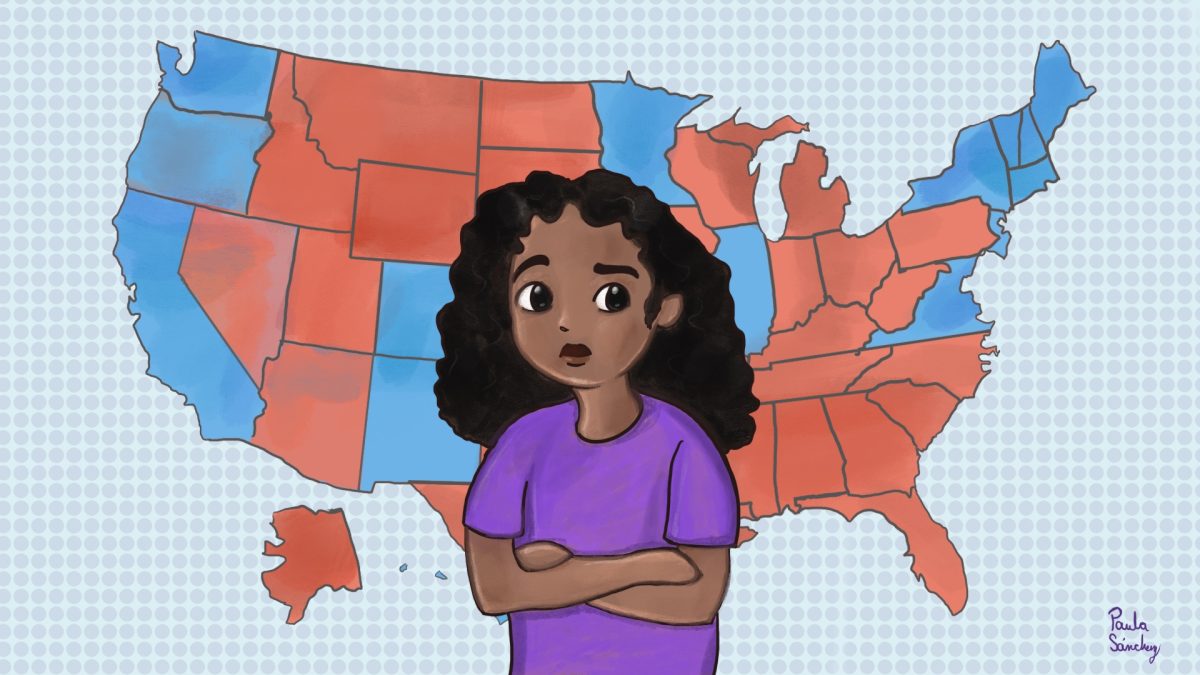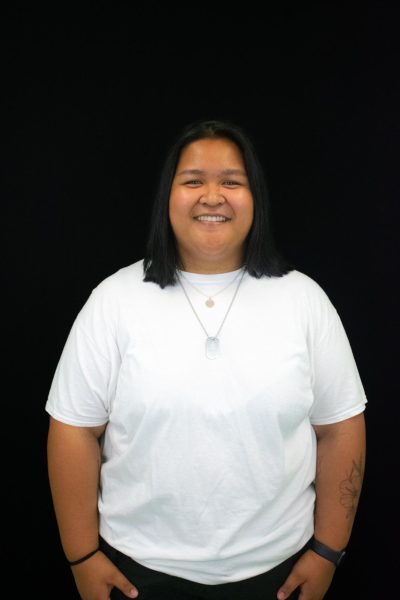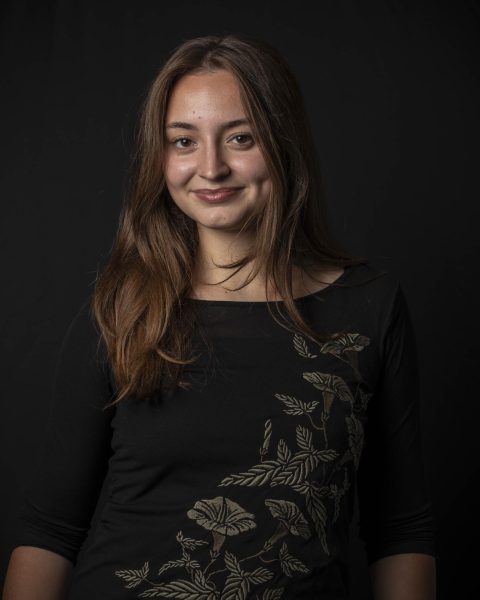Columbia offered a new “LGBTQ+ Social Health Equality” course for the first time this summer as part of the Summer Social Justice Institute.
The class, created and taught by Derick D. Jones Jr., assistant professor in the Science and Mathematics Department, focused on the stories of people within the LGBTQ+ community.
The three-credit course, which students could apply toward the Columbia Core or collegewide electives, ran the first five weeks of the summer term and ends this week, which coincides with the end of Pride Month and the city’s Pride Parade on Sunday, June 30.
The Summer Social Justice Institute was first introduced in 2022 as a way to bring together the diverse faculty to offer courses centered on social justice. The courses, which rotate around different topics, are meant to have a built-in opportunity for students to engage with the city.
Any student enrolled in the course this summer who demonstrated financial need in 2023-24 was eligible for a scholarship up to the full cost of tuition for the course. Each student also received $25 to cover expenses to attend the Chicago Pride Fest including entry, CTA day pass and food for the class trip.
The class of 13 students signed community agreements at the beginning of the semester to ensure a safe space for all students.
Juniper Czaja, a sophomore film and environmental studies double-major, registered for this course because of her fascination for LGBTQ+ history. She said she grew closer to her peers this summer than she has in past semesters.
“It’s like this kind of drawing together of a bunch of different people from different backgrounds that all have this underlying thread of queer issues and queer identity,” Czaja said.
Jessie Mazursky, a senior fashion studies major, felt safe in the classroom when discussing sensitive topics and sharing personal experiences related to the lesson. They explained how the class focuses on learning about the lived experiences of people in the LGBTQ+ community.
“I think it’s really important having a professor that identifies as queer teaching this class,” Mazursky said. “It means a lot to me seeing a queer person in that position and knowing that you can still be queer in a professional world.”
Jones Jr. wanted students to see that they had community amongst themselves as one-third of the Columbia student body identifies as part of the LGBTQ+ community, according to the college.
They described how the course contributes to Columbia’s culture of “authoring the culture of your life, of your time.” The course removes social constructs that oppress individuals and allows students and speakers to be comfortable with their identities.
The class hosted guest speakers who shared their experiences as LGBTQ+ identifying people, ranging from faculty at the college to book authors and spiritual experts across the globe. Each one shared their experience as a queer person along with some lessons of understanding bystander training and progressive spiritual conversations.
Jones Jr. shared their experience with trauma from the church and explained how important it is to give students resources for inclusive churches. The lesson plans varied depending on what Jones Jr. thought would be beneficial to the students.
Jones Jr. said student engagement was vital to the class. Initially they were upset that the 24-seat course did not fill. But the smaller class size allowed the students to get to know each student better, they said.
Sage Eubanks, a senior photography major, liked the structure of the course but wanted the lessons to be more specific. Jones Jr. plans to continue developing the course and keeping it focused on lived experiences, specifically for the students.
“I really hope that we become more aware of each other as human beings with different lived experiences. We all understand things differently,” they said. “It doesn’t necessarily mean that it’s always wrong. It can simply mean that it is time for us to sit down and build community and understand each other.”
Jones Jr. planned the course for summer to see how it would impact people on a smaller scale. They hope to be able to offer the class in the future during the spring or fall semesters so it can be longer and include more students.
The summer semester also opened an opportunity for students to interact with the city during Pride Month, which was an emotional experience for Jones Jr. After working to create a safe environment in the classroom for these students, they got to see students at Chicago’s Pride Fest.
“When you see a glow on a student’s face when they are in a community where they feel completely accepted, even if they aren’t LGBTQ+. They just felt loved and respected as they are,” Jones Jr. said. “That glow is something that will never go away from you.”
Copy edited by Doreen Abril Albuerne-Rodriguez


